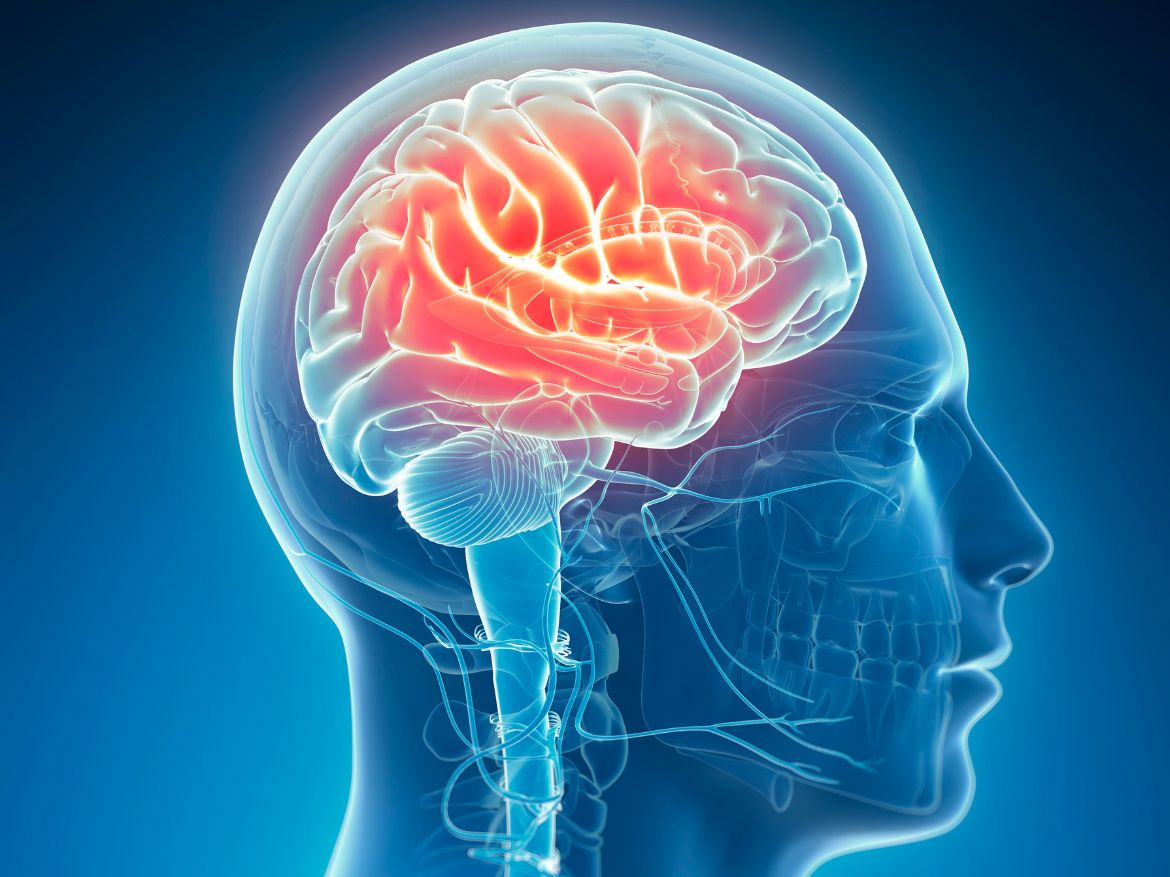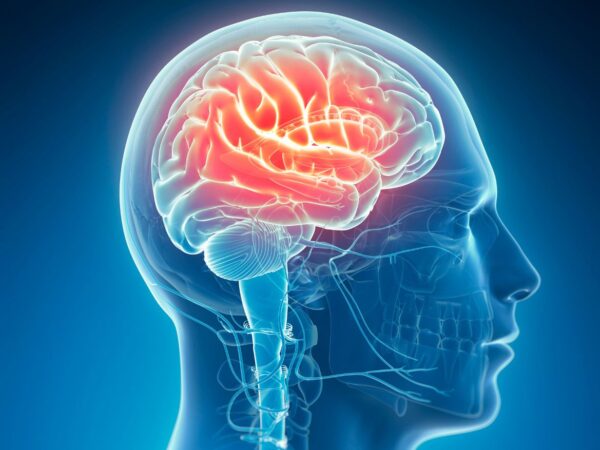
How Can You Tell If You Have a Traumatic Brain Injury After an Accident?
A traumatic brain injury (TBI) is a serious and potentially life-altering condition that can occur after an accident. Whether it results from a car crash, slip and fall, sports injury, or workplace incident, a TBI can have profound effects on your physical, cognitive, and emotional well-being. However, many people fail to recognize the symptoms immediately, delaying critical treatment and reducing their chances of recovery.
If you’ve been involved in an accident, it’s essential to understand the signs and symptoms of a traumatic brain injury, how it is diagnosed, and what steps you should take to protect your health and legal rights. This article will guide you through identifying a potential TBI and explain how seeking legal help can assist in securing the compensation you deserve.
Understanding Traumatic Brain Injury (TBI)
A TBI occurs when a sudden impact, jolt, or blow to the head disrupts normal brain function. The severity can range from mild concussions to severe brain damage, leading to long-term disabilities or even death.
Types of TBIs:
- Mild TBI (Concussion): Temporary brain function disruption with symptoms that may last for a few days or weeks.
- Moderate TBI: More prolonged effects, with physical and cognitive impairments lasting months.
- Severe TBI: Can cause permanent brain damage, loss of motor function, and profound cognitive impairments.
The symptoms of a TBI may not appear immediately after an accident, making it critical to monitor for any signs that indicate brain trauma.
Early Symptoms of a Traumatic Brain Injury
Recognizing early warning signs of a TBI can be the key to preventing further damage. If you’ve experienced a blow to the head, watch for these symptoms:
Physical Symptoms
- Headaches that worsen over time
- Nausea or vomiting
- Dizziness or loss of balance
- Fatigue or drowsiness
- Blurred vision
- Sensitivity to light and noise
- Loss of consciousness (even briefly)
Cognitive and Psychological Symptoms
- Difficulty concentrating or remembering things
- Confusion or disorientation
- Mood swings or irritability
- Depression or anxiety
- Sleep disturbances (insomnia or excessive sleeping)
Severe Symptoms Requiring Immediate Medical Attention
- Seizures or convulsions
- Slurred speech
- Loss of coordination
- Persistent loss of consciousness
- Profound confusion or agitation
- Weakness or numbness in limbs
If you or a loved one experiences any of these symptoms following an accident, seek medical attention immediately. Delaying treatment can worsen the condition and lead to long-term complications.
How is a Traumatic Brain Injury Diagnosed?
Diagnosing a TBI involves a combination of clinical evaluation, neurological tests, and imaging studies. If you suspect a brain injury, doctors may conduct:
- Glasgow Coma Scale (GCS): Measures the severity of a brain injury based on eye, verbal, and motor responses.
- CT Scan or MRI: Identifies bleeding, swelling, or structural brain damage.
- Neuropsychological Tests: Assesses cognitive function, memory, and problem-solving abilities.
- Balance and Coordination Tests: Determines the impact on motor skills.
Proper diagnosis is crucial for developing an effective treatment plan and ensuring you receive adequate compensation if the injury was caused by another party’s negligence.
Long-Term Effects of a TBI
The impact of a traumatic brain injury can extend beyond immediate symptoms, affecting various aspects of your life. Some long-term effects include:
Cognitive and Memory Issues
- Difficulty processing information
- Memory loss or trouble recalling events
- Impaired problem-solving abilities
Physical Limitations
- Chronic headaches or migraines
- Loss of motor function or coordination
- Sensory impairments (vision or hearing loss)
Emotional and Behavioral Changes
- Increased aggression or mood instability
- Depression and anxiety disorders
- Social withdrawal and relationship challenges
Because these effects can be permanent, seeking legal assistance can help you recover compensation for medical expenses, lost wages, and future care.
What Should You Do If You Suspect a TBI After an Accident?
If you believe you have suffered a traumatic brain injury, take the following steps immediately:
1. Seek Medical Attention
Even if your symptoms appear mild, a doctor can evaluate your condition and provide treatment to prevent complications.
2. Document Your Symptoms
Keep a journal detailing any changes in your physical, cognitive, or emotional state. This documentation can be valuable in both medical treatment and legal claims.
3. Avoid Physical and Mental Strain
Rest is critical for brain recovery. Avoid activities that could worsen your symptoms, such as strenuous exercise or excessive screen time.
4. Follow Medical Advice
Adhere to prescribed treatments, medications, and follow-up appointments to ensure the best recovery possible.
5. Consult a Personal Injury Lawyer
If your injury resulted from an accident caused by another party’s negligence, a lawyer can help you file a claim and pursue the compensation needed for medical care, lost income, and pain and suffering.
How Can a Personal Injury Lawyer Help with a TBI Case?
Traumatic brain injury cases can be complex, requiring substantial evidence and expert testimony to prove liability and damages. A personal injury lawyer can provide the following assistance:
1. Investigating the Accident
- Collecting witness statements and accident reports
- Reviewing surveillance footage and medical records
- Consulting experts to reconstruct the accident
2. Proving Liability
A lawyer will establish negligence by proving that another party’s actions led to the accident that caused your brain injury.
3. Negotiating with Insurance Companies
Insurance adjusters often try to minimize payouts. An experienced attorney will negotiate aggressively to ensure you receive a fair settlement.
4. Calculating the Full Extent of Damages
Your lawyer will assess both economic and non-economic damages, including:
- Medical expenses (past and future)
- Rehabilitation costs
- Lost wages and diminished earning capacity
- Pain and suffering
- Loss of quality of life
5. Representing You in Court
If negotiations do not result in a fair settlement, your lawyer will take your case to trial and fight for the maximum compensation you deserve.
Seek Legal Help for Your TBI Case
A traumatic brain injury is a serious medical condition that requires immediate attention and long-term care. Recognizing the symptoms, seeking proper medical treatment, and consulting with a personal injury attorney can significantly impact your recovery and financial well-being.
If you or a loved one has suffered a TBI due to an accident, LA Personal Injury Attorneys can help you navigate the legal process and fight for the compensation you deserve. Contact our experienced team today for a free consultation and let us protect your rights while you focus on healing.


